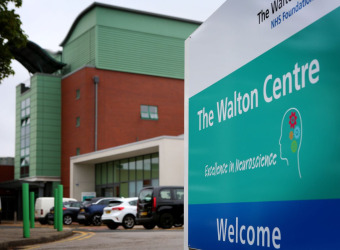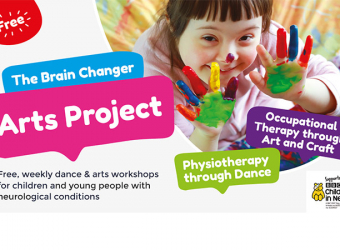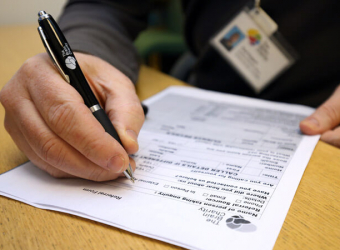What is metachromatic leukodystrophy?
Metachromatic leukodystrophy (MLD) is a rare condition that affects the brain, spinal cord and the peripheral nervous system.
This condition impacts the white matter in the brain, causing a decreased function in physical and mental skills.
As MLD is so rare, children who live with it can often be diagnosed with cerebral palsy. In juvenile form, depression is often suspected and with the adult form schizophrenia is often misdiagnosed.
There is currently no cure for MLD, however there are drugs to help people deal with symptoms like seizures and spasms. Bone marrow transplants can delay the progression in some infantile cases.
What is the cause of metachromatic leukodystrophy?
MLD is genetic, and 2 parents have to be carriers of the specific gene to have a child with this condition.
MLD is caused by a build-up of fatty materials (called lipids) and other storage materials in nerve cells and the brain’s white matter.
This is due to a lack of an enzyme that that breaks down these lipids.
The brain and nervous system then decline in function because the substance that protects these nerve cells (myelin) is damaged.
There are 3 forms of MLD:
- Late infantile form: This is the most common with diagnosis usually taking place before the age of two.
- Juvenile form: This normally starts in children between 3-16 years old.
- Adult form: This form is the least common and is usually diagnosed after 16.
What are the symptoms of MLD?
The symptoms of MLD are as follows:
Late infantile form:
- Decline in muscle function/motor skills
- Progressive loss of speech
- Abnormal and erratic movements
- Weight loss
- Feeding problems
Juvenile Form:
- Lack of concentration
- Behavioural problems
- Trouble keeping up at school
- Decline in motor skills and co-ordination
- Slurred speech
- Incontinence
Adult form:
- Sudden or unexpected poor performance at work/university/school
- Emotional instability
- Memory loss
- Personality changes
- Incontinence


















